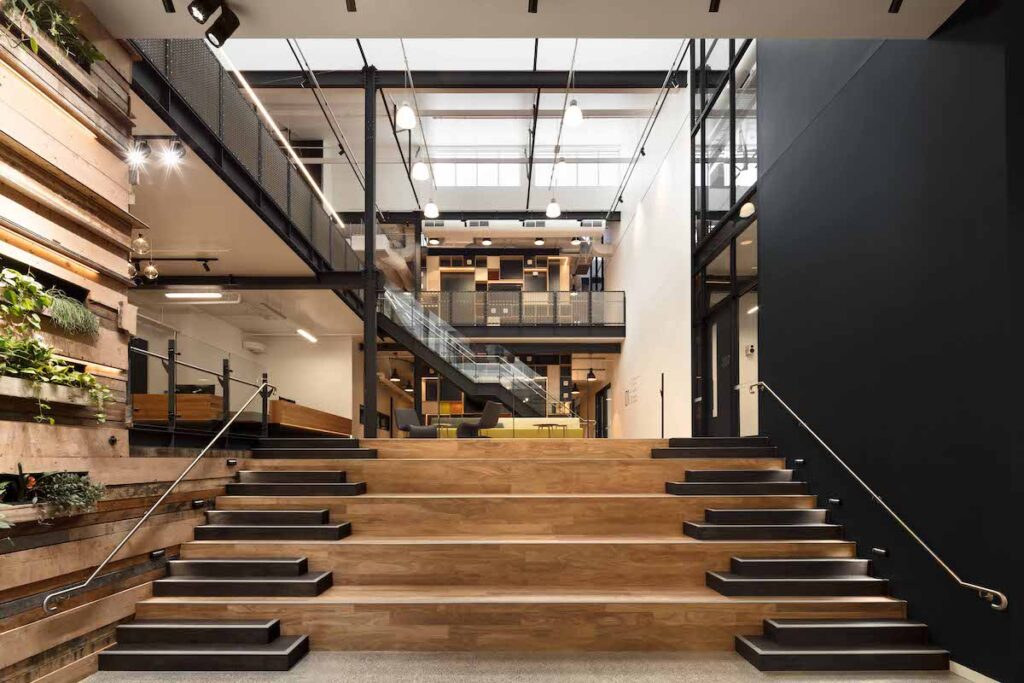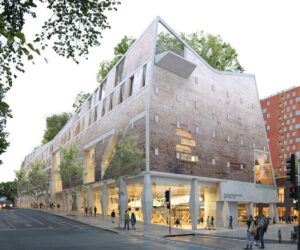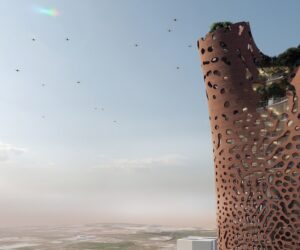Gray Puksand to Host Adaptive Reuse Discussion for Open House Melbourne
Recycling, reducing and reusing has become common practice in modern society as we strive for environmental sustainability. Similarly, adaptive reuse of historic buildings – giving a disused or ineffective building a different purpose while retaining its heritage fabric – is increasingly emerging as a sustainable solution for meeting contemporary commercial needs.
The pandemic has demonstrated that existing sites in our built environments won’t always accommodate and cater to the ever-changing cultural and sustainability needs of the communities they serve. The challenge of ensuring that our future workspaces, educational facilities and civic spaces are resilient to these changing requirements is being enthusiastically taken up by architects, builders, developers, heritage councils, and all levels of government.
In what is set to be an insightful panel discussion, national architecture practice Gray Puksand is excited to host Regenerating and refurbishing civic landscapes for future generations as part of this year’s 2022 Open House Melbourne Program.
Hosted at LCI Melbourne, Gray Puksand Partner Kelly Wellington will be joined by leading experts in sustainability, heritage and the built environment including SLR Consulting Principal Sustainability Consultant, Marni Punt and Collective Engineering Director, John Lucchetti for an engaging and educational discussion and Q&A session on how we can successfully re-energise and future-proof commercial spaces to bring our cities back to life.
Featured in the event, Gray Puksand will walk guests through exemplar projects which illustrate how we can regenerate urban sites. The practice recently refurbished several historic sites in Melbourne into new-age commercial and educational offerings for growing city-fringe districts, including the historic Yarra Falls building (1937), which was retained and restored into a workspace offering amenities and design to encourage workers back to the office, centred around biophilic design principles.
In the heart of Collingwood, the discussion will further regard the refurbished 19th-century Foy and Gibson textile factory as a spacious, light-filled modern school for LCI Melbourne will be featured – highlighting the site’s unique history while creating contemporary learning spaces.
Additional recent projects include the restoration of the iconic Melford Motors Building at 611 Elizabeth Street into an activated business precinct, and the revitalisation of Sydney’s oldest continuously occupied workspace in the Dymocks Building.
Presentation and panel discussion: Regenerating and refurbishing civic landscapes for future generations
Where: LCI Melbourne – 150 Oxford Street Collingwood
When: Sunday 31 July, 12-2pm



